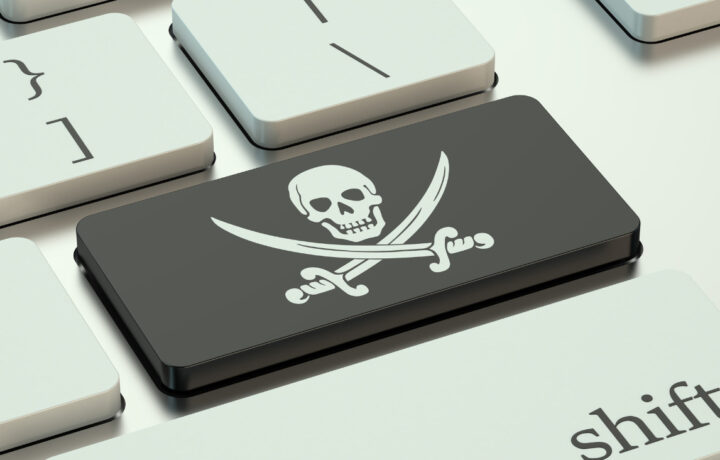The United States military has what can only be described as a “colorful” history involving piracy – one that dates back to the American Revolution. Though the newly founded nation didn’t actually employ actual pirates, it actively called upon “privateers” to conduct raids against British shipping during the conflict and again in the War of 1812. These privateers can be best described as militia of the sea, and they acted as independent contractors that were issued a special commission, referred to as a letter of marque.
Today, computer hackers have been compared to the privateers of the by-gone days, as they work for state actors such as China, Iran, and North Korea. It is likely true that some groups such as Anonymous have acted as privateers to aid Ukraine, while some pro-Russian groups are working at the behest of Moscow.
The Pentagon may not openly engage in such activities, yet, the U.S. Navy has been found to have committed a different type of piracy – namely computer piracy!
Copyright Infringement Case
A federal court found that the Navy had infringed on a software company’s copyright by installing a 3D mapping software on a vastly larger number of machines than the license agreements allowed. The saga began in 2011 when the Navy began to work with the German-based Bitmanagement to test its “BS Contact Geo,” a virtual reality 3D-mapping program. The U.S. Navy had 38 copies, but eventually installed the software on more than 550,000 machines in its network over a three-year-period from early 2013 until late 2015 – while still negotiating with the company on total copies.
The company sued in July 2016 for copyright infringement, and the Navy uninstalled the software, but then reportedly reinstalled 34 copies. The German-based Bitmanagement Software GmbH initially sought $600 million in damages, but a federal court then dismissed the charges. Bitmanagement appealed that decision, and an appellate court sided with the German company, sending the case back to a federal claims court, which was asked to determine damages through a “hypothetical negotiation,” Task & Purpose reported.
In its lawsuit, Bitmanagement maintained that it didn’t license or otherwise authorize the use of the software, and that the Navy has never compensated the company. The Navy countered that it did license the software and that was allowed to make copies of the 3D-mapping program.
“The government knew or should have known that it was required to obtain a license for copying Bitmanagement software onto each of the devices that had Bitmanagement software installed,” the complaint charged.
The federal court backed the German software firm’s claims that the Navy committed piracy, yet, didn’t award the $600 million that Bitmanagement had initially sought. Instead, per the instructions of the court of appeals, the federal court determined that the “actual usage” of BS Contact Geo license. Certified Public Accountant David Kennedy, the Navy’s expert witness, put the value of the license at $200 – far less than the $1,067.76 cost the company said was the price for each copy. Judge Edward J. Damich agreed with Kennedy’s assessment in determining the total damages after finding that there were just 635 unique users with 597 using unlicensed copies – despite the fact that the software was installed on the hundreds of thousands of machines.
“It is difficult to know exactly how the Navy’s deployment of Bitmanagement’s BS Contact Geo software went off the rails,” said technology analyst Charles King of Pund-IT.
“While the 500k installations figure is in nosebleed territory, there were reportedly only 597 unique licensed users,” King told ClearanceJobs. “That suggests someone somewhere mistakenly included the 3D software in a bundle of apps deployed across general purpose PCs. That was a dumb mistake and embarrassing but it hardly makes the Navy the Blackbeard of software pirates.”
It would seem that the software maker was looking for a massive payday, despite the fact that far fewer copies were used. It would almost seem that the German-company wrongly assumed that the service would simply pay the millions or perhaps settle the matter.
“That fewer than 600 people were unique licensed users, the Court of Settlement’s award of $154,400 – with ‘delayed compensation’ to be determined at a later date – seems appropriate,” King continued. “And far more realistic than the $596M that Bitmanagement originally requested.”




